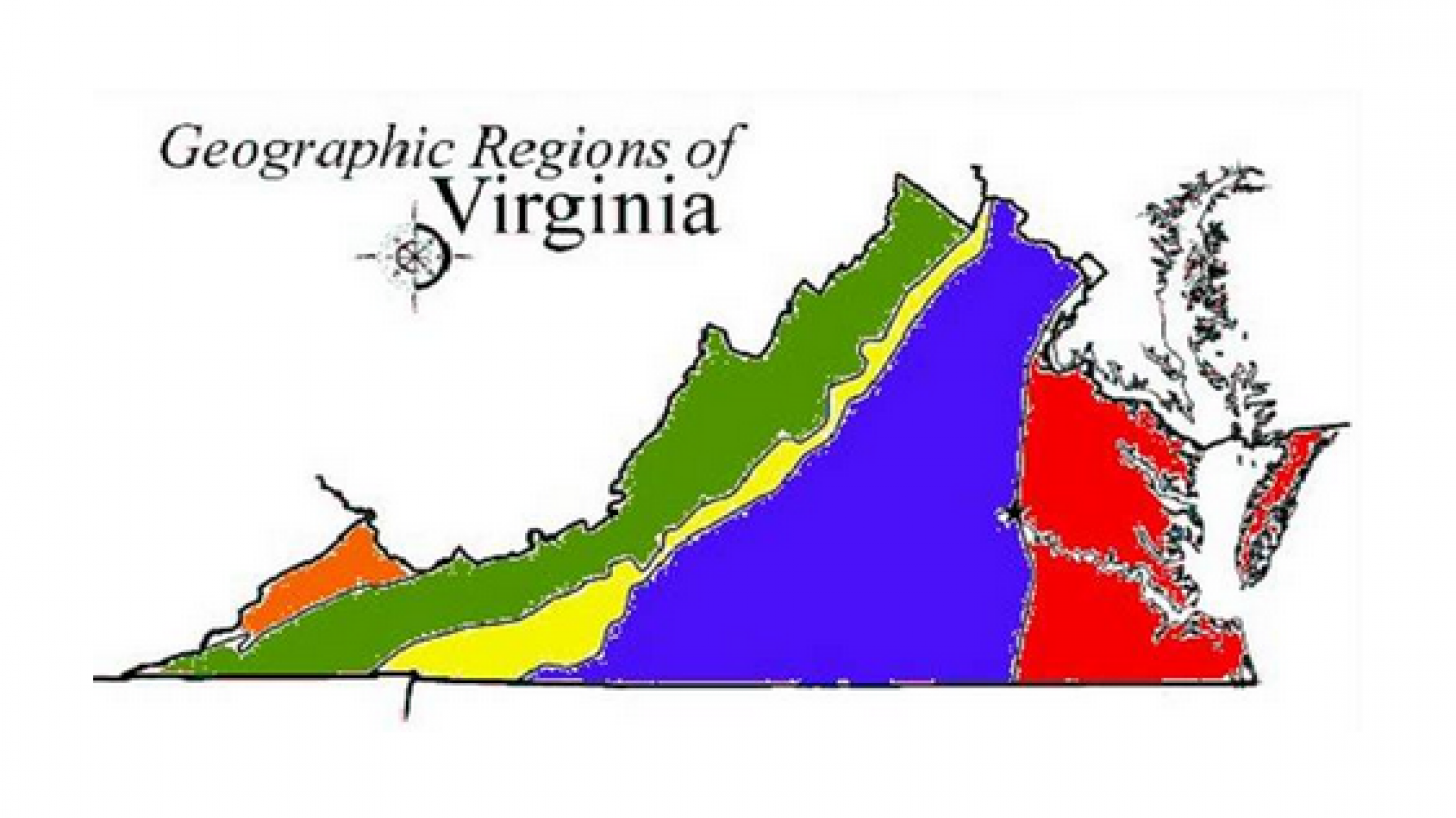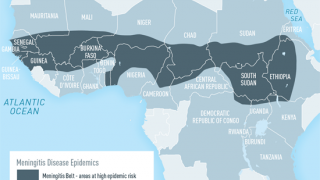Virginia's Deadly Meningococcal Disease Outbreak

The state of Virginia recently joined Florida in combating a multi-year meningococcal disease outbreak.
The Virginia Department of Health (VDH) announced on August 31, 2023, that twenty-seven cases of meningococcal disease have been reported in eastern, central, and southwest Virginia since June 2022.
Five patients have died from complications associated with this disease.
Most of the Virginia cases were in unvaccinated people and caused by the bacteria called Neisseria meningitidis type Y. This strain is known to be circulating widely in the United States.
Eastern Virginia (20 cases) is the most rural region of the state, with the smallest population and no cities. It's divided into three parts by the Chesapeake Bay: the Eastern Shore, Northern Neck, and Middle Peninsula.
Anyone can get meningococcal disease, regardless of gender, age, race, ethnicity, or sexual orientation. And keeping up to date with recommended vaccines is the best protection against meningococcal disease. says the VDH.
The meningococcal conjugate vaccine (MenACWY) can provide protection against Neisseria meningitidis type Y.
As of early September 2023, the VDH says the risk to Virginia's population remains low.
In Florida, the U.S. Centers for Disease Control and Prevention (CDC) and the Florida Department of Health announced in 2022 that they were investigating meningococcal disease among gay and bisexual men.
In 2023, 16 meningococcal disease cases were reported in 12 counties. The meningococcal disease rate was highest among those aged 12-18 years.
Six deaths among gay and bisexual men were previously reported.
In 2019, Florida reported 23 cases of meningococcal disease, which dropped to 17 cases in 2020 and then rose to 27 cases in 2021.
In response to the serogroup C meningococcal disease outbreak in Florida, the CDC encourages gay and bisexual men to get a MenACWY vaccine if they live in Florida and talk with their healthcare provider about getting a MenACWY vaccine if they are traveling to Florida.
In addition, the CDC says MenACWY vaccination is routinely recommended for all people with HIV in the U.S.
In the U.S., meningococcal disease rates have been declining since the 1990s and currently remain low, according to the CDC.
People spread meningococcal bacteria to others by sharing respiratory and throat secretions.
An infected person can spread the bacteria by kissing, coughing, or sneezing directly into the face of others or sharing cups, water bottles, eating utensils, cigarettes, lipstick, or toothbrushes.
People do not catch the bacteria through casual contact or breathing air where someone with meningococcal disease has been.
Most people exposed to this bacteria do not become ill. A small proportion of infected people can develop a severe illness, such as meningitis (inflammation of the lining of the brain and spinal cord) or a bloodstream infection (septicemia).
Invasive meningococcal disease (IMD) can exist as an endemic disease or as an epidemic. IMD incidence occurs mainly in infants under one year of age, teenagers, and young adults.
IMD can also affect older patients during severe outbreaks.
For additional help contacting your local health department in Virginia, call 877-VAX-IN-VA (877-829-4682, TTY users call 7-1-1). Assistance is available in English, Spanish, and over 100 other languages.
Our Trust Standards: Medical Advisory Committee
























